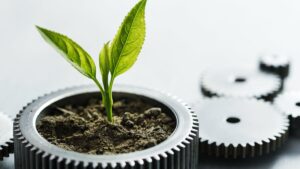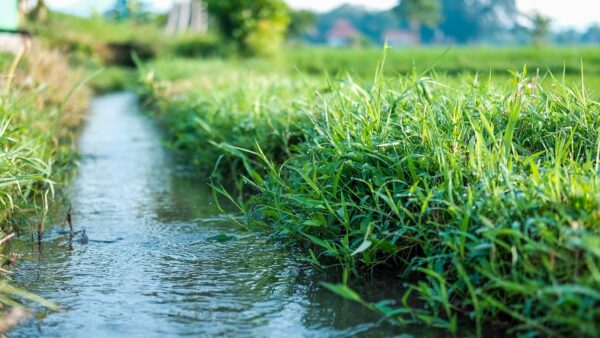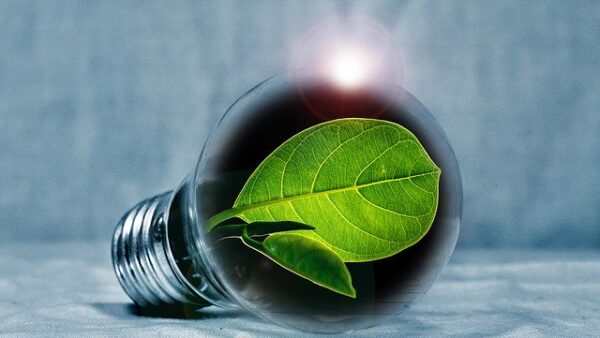Vegetables are unique in that they’re often purchased fresh; consumers buy them in a form where they can literally see each individual vegetable. Quality counts for a lot.
This isn’t so with cereal grains, for example. Consumers don’t often buy a bag of grain; instead, they buy products made from said grain, whether that be flour, bread, or a range of other products.
That’s why it’s important for vegetable producers to do everything they can to produce a high-quality product that will appeal to consumers. Compared to years ago, the average consumer is far more interested in the quality and safety of the vegetable products they are eating. If I’m buying a vegetable, I want to buy one that tastes good, smells good, and looks good.
Ascophyllum nodosum seaweed extract technology is helping usher in a new era for the vegetable industry — one where producers can produce a great product in the midst of a variety of challenges including climate change, increasingly stringent pesticide regulation, and increasing food costs. It does this in three main ways.
It enhances soil quality. Intensive agricultural practices and climate change mean soil becomes more stressed over time. Agriculture’s highest priority must be to protect the soil, as healthy soil is more productive and more resilient to climate shocks. A growing body of evidence indicates that applications of alkaline extracted Ascophyllum nodosum (ANE) biostimulants (a species of intertidal brown seaweed) broadly influence the structure and activity of microbial communities in the rhizosphere, increasing rhizosphere biodiversity, respiration and metabolic activity. The final result is healthier soil and a stronger plant — a winning combination.
It bolsters resilience of the crop. If a vegetable crop can better withstand external stresses in the environment, it’s going to be more attractive to the consumer. Seaweed extract can improve crop quality by increasing size, colour and firmness. When crop quality is at its best, plants have the strength they need to defend themselves against environmental stress and other factors limiting improvement in crop yields.
It enhances postharvest vegetable quality, reducing food waste. Research findings have shown crops demonstrated higher antioxidant activity when Acadian Plant Health’s Ascophyllum nodosum product was applied, with the cellular membrane protected and the integrity of the membrane structure improved. Ultimately, stimulation of antioxidants can result in longer shelf life for fruits and vegetables by destroying oxidizing compounds before they are allowed to proliferate within the plant system to induce cell membrane breakdown.









